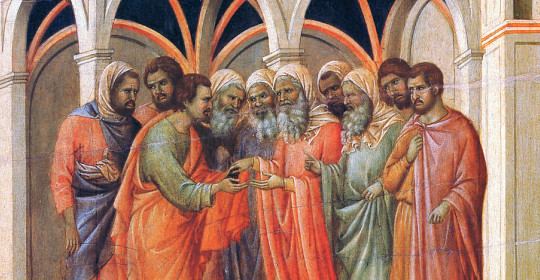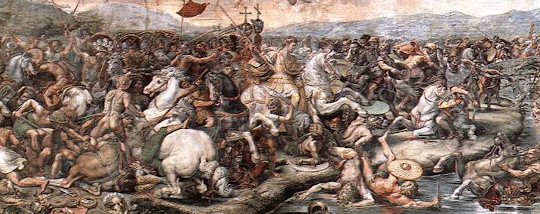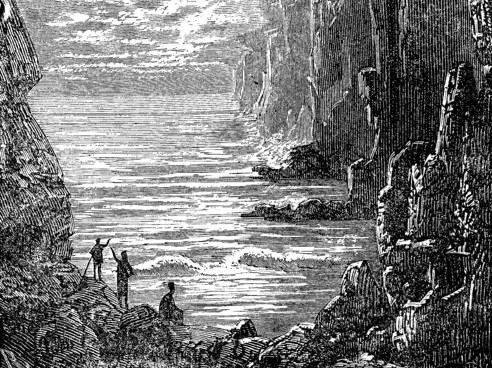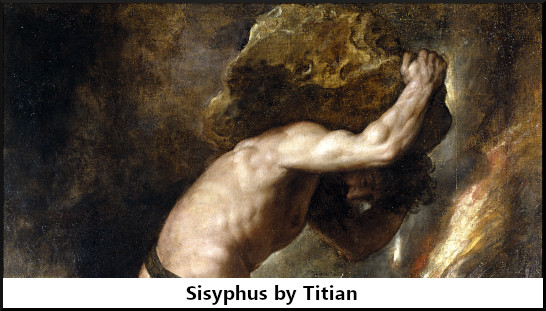Mark Twain? Apocryphal?
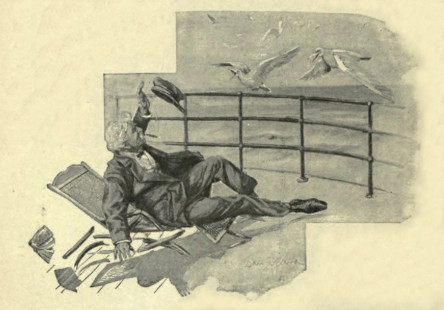
Question for Quote Investigator: Mark Twain once spun a tale in which he won an argument by concocting a fake quotation. His successful deception led him to pronounce a maxim similar to this: Any invented quotation, spoken with confidence, will be accepted by listeners. Would you please explore this topic?
Reply from Quote Investigator: Mark Twain published his popular travel book “Following the Equator: A Journey Around the World” in 1897. He described a dinner with companions who disagreed about the pronunciation of the word “three” by common Scottish people. The two options were “three” and “thraw”. Twain created a verse he attributed to the prominent Scottish poet Robert Burns that rhymed the word with “knee”. Twain won the argument because of the prestige of the poet. Boldface added to excerpts by QI:1
“Does Robbie Burns say — what does he say?”
“This is what he says :
“There were nae bairns but only three —
Ane at the breast, twa at the knee.”It ended the discussion. There was no man there profane enough, disloyal enough, to say any word against a thing which Robert Burns had settled. I shall always honor that great name for the salvation it brought me in this time of my sore need.
It is my belief that nearly any invented quotation, played with confidence, stands a good chance to deceive. There are people who think that honesty is always the best policy. This is a superstition; there are times when the appearance of it is worth six of it.
Below are selected citations in chronological order.
Continue reading “Quote Origin: Nearly Any Invented Quotation, Played With Confidence, Stands a Good Chance To Deceive”